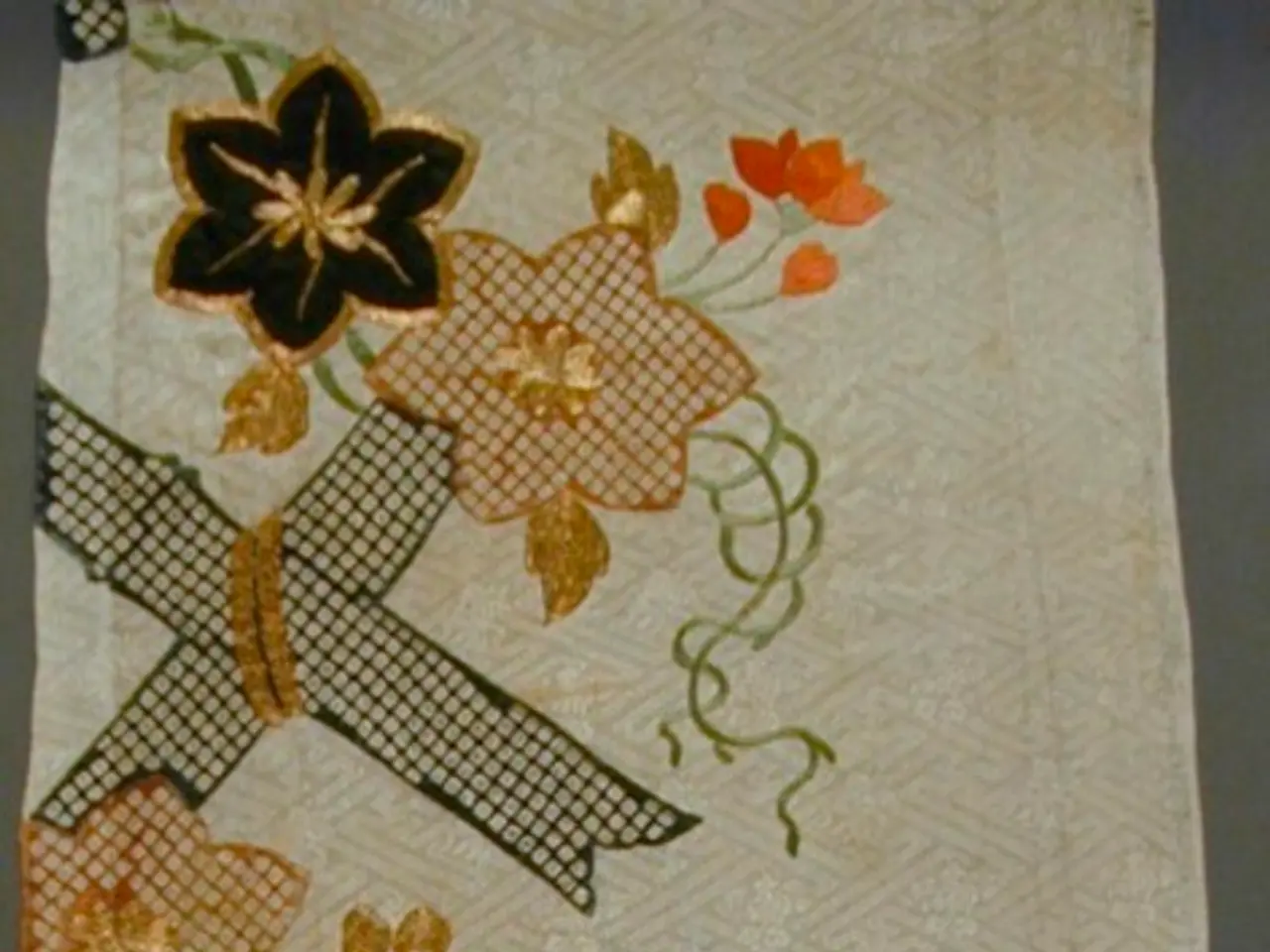Not all linen fabrics are equal in quality or properties due to differences in weave, fibers, and production methods.
**Sustainable Linen: The Advantages of Organic European Production**
In the world of textile manufacturing, the choice between organic European linen and non-organic or global alternatives can make a significant difference in terms of environmental impact, ethical labor practices, and product quality.
**Chemical Contamination**
Organic European linen stands out for its commitment to a chemical-free production process. The transformation of flax into linen is entirely mechanical, avoiding synthetic pesticides, fertilizers, and chemical treatments. This leads to negligible chemical contamination in both the textile and the environment. On the other hand, non-organic and global linen may involve the use of such chemicals, potentially causing skin irritation or health concerns.
**Retting Processes**
The retting process, which separates the flax fibers, is another area where organic European linen excels. It prefers field retting, where flax is left in the field after harvest to decompose naturally. This method uses only natural processes, conserving water and eliminating wastewater pollution. In contrast, non-organic and global linen often uses water retting, which requires significant water resources and can cause water pollution.
**Ethical Labor Practices**
European production is typically governed by strict labor laws and industry standards that promote fair wages, safe working conditions, and respect for workers’ rights. Global supply chains, especially those outside of Europe, may have less regulatory oversight, potentially leading to issues such as underpayment, poor working conditions, and lack of transparency.
The table below provides a comparison of these aspects:
| Aspect | Organic European Linen | Non-Organic/Global Linen | |-------------------------|-------------------------------|-----------------------------------| | Chemical Contamination | None (mechanical process, no synthetic chemicals) | Possible synthetic pesticides, fertilizers, and chemical residues | | Retting Process | Field retting (natural, eco-friendly) | Often water retting (water-intensive, potential pollution) | | Ethical Labor Practices | Strict regulations, fair wages, skilled labor, traceability | Less regulated, potential labor issues, less transparency |
By choosing organic European linen, consumers are not only supporting a more sustainable and eco-friendly production process, but they are also ensuring that workers' rights are respected and that the supply chain is transparent. This is a choice that benefits both people and the planet.
Some key points to remember about organic European linen:
- GOTS-certified textile manufacturers pay a national living wage and working hours do not exceed 48 hours per week. - GOTS-certified working conditions are safe and hygienic, with no harassment or violence. - Our website's organic linen bedding is grown with no pesticides, weedkiller, or fertilizer. - GOTS-certified textile manufacturers do not use precarious employment, such as subcontracting or "apprenticeships" without intention to offer employment. - Modern flax plants are selectively bred to resist disease and pests. - The Global Organic Textile Standard (GOTS) certifies textile manufacturing processes that meet stringent social criteria.
In light of the sustainable production process of organic European linen, one can enhance their home-and-garden lifestyle by opting for such eco-friendly bedding products. Moreover, by supporting organic European linen, consumers are promoting a lifestyle that prioritizes both environmental well-being and ethical labor practices in the home-and-garden sector.




